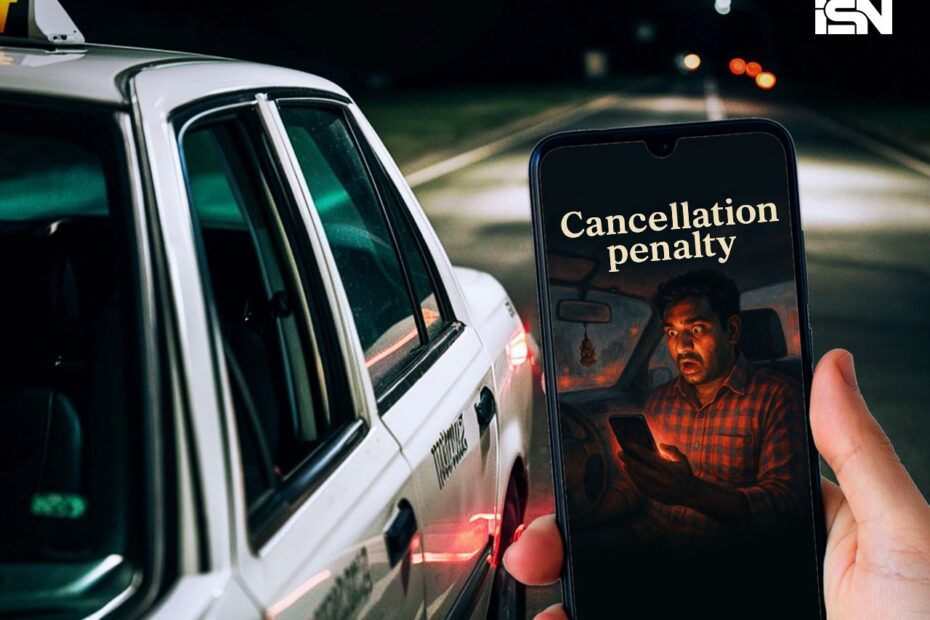[[{“value”:”
The Maharashtra Cabinet recently approved the Aggregator Cabs Policy 2025, setting the stage for a comprehensive overhaul of how ride-hailing firms like Ola, Uber, and Rapido operate in the state.
The policy, which was prompted by a directive from the Supreme Court and widespread consumer dissatisfaction, introduces far-reaching regulations to improve safety, ensure fare transparency, and protect the rights of both drivers and passengers.
A regulatory response to an unregulated space
The rise of ride-hailing services has transformed urban mobility in India. But with convenience came a wave of complaints—from arbitrary fare surges and ride cancellations to growing concerns over commuter safety, especially for women.
Until now, the sector remained largely unregulated, leaving users and drivers without formal protections or recourse. Maharashtra’s Aggregator Cabs Policy 2025 aims to correct that imbalance.
The policy mandates that all aggregators must acquire licenses and comply with stringent operational, technical, and safety norms. These include GPS tracking, in-app emergency contact features, mandatory police verification of drivers, cybersecurity safeguards, and clearly defined grievance redressal mechanisms.
What it means for riders?
For commuters, the new framework promises a safer, fairer, and more reliable experience. Emergency buttons, live tracking, and verified drivers are no longer optional features but state-mandated requirements.
The policy imposes strict controls on pricing: surge charges are capped at 1.5 times the base fare, while discounts of up to 25% will be permitted during off-peak hours. Most notably, drivers who cancel a ride or refuse short-distance trips will be penalised—a fixed fine of Rs 100 or 10% of the fare (whichever is lower) will be directly credited to the passenger’s account.
Similarly, if a passenger cancels the ride, then 50% or Rs 50 (whichever is lower) will be deposited in the driver’s account, as reported by India Today.
To further address women’s safety, the policy introduces a ride-pooling option for female passengers with only women co-passengers and female drivers, upon request. Cabs that fail to meet physical and operational standards will be removed from the platforms.
Providing better protection to drivers
While the policy introduces tougher compliance norms for ride-hailing service providers, it also brings long-overdue clarity and protections for drivers. It mandates that drivers receive at least 80% of the fare on every ride, ensuring fairer pay.
Aggregators must also provide medical insurance for drivers and their families, and offer mandatory training—especially for drivers who receive low customer ratings. Under the new rules, aggregators must maintain a physical office in Maharashtra and ensure that all driver documents are verified before onboarding.
The companies must also upgrade their systems to reflect the new fare rules, safety features, and cancellation penalties, all under the oversight of the Regional Transport Offices (RTOs).
“}]]
Read More  Indian Startup News : Latest Posts
Indian Startup News : Latest Posts
